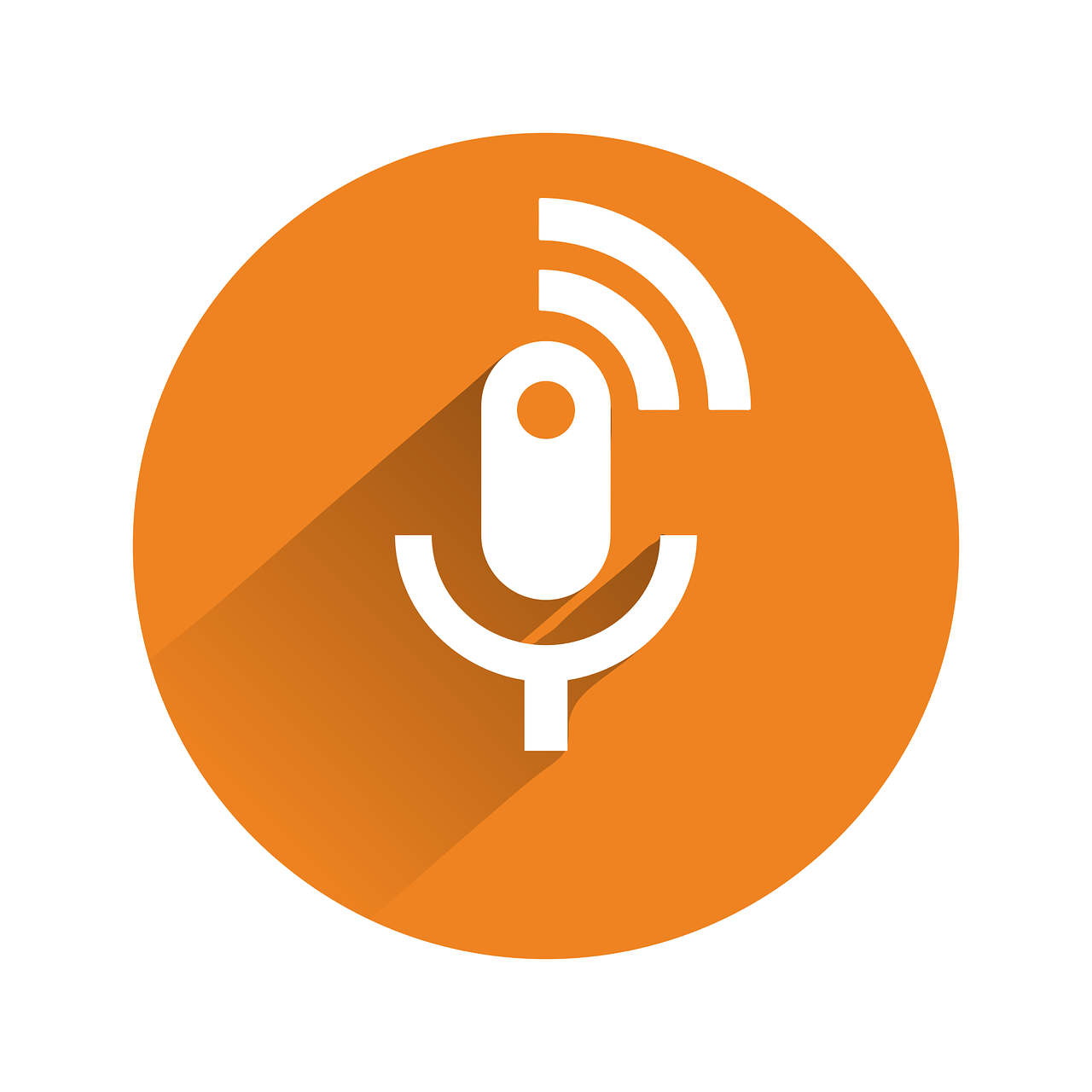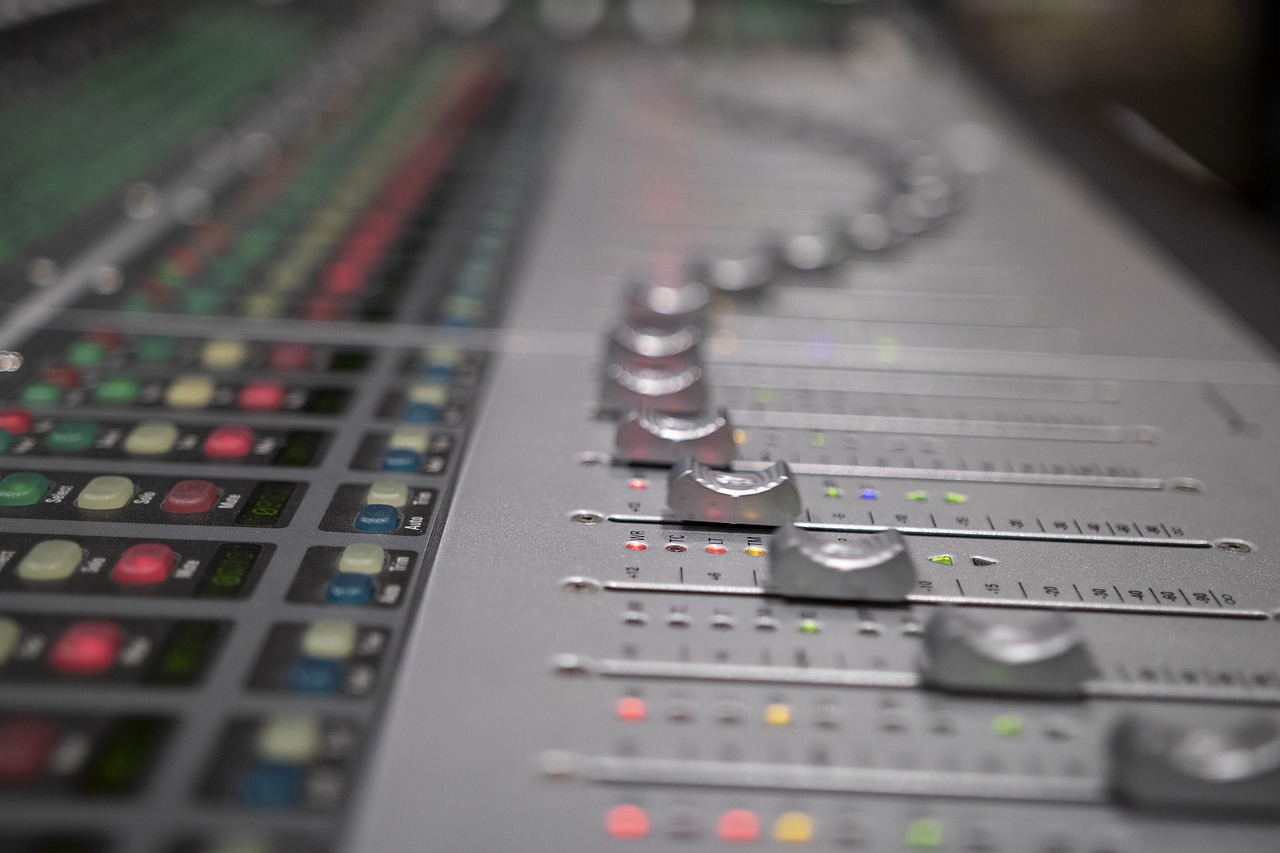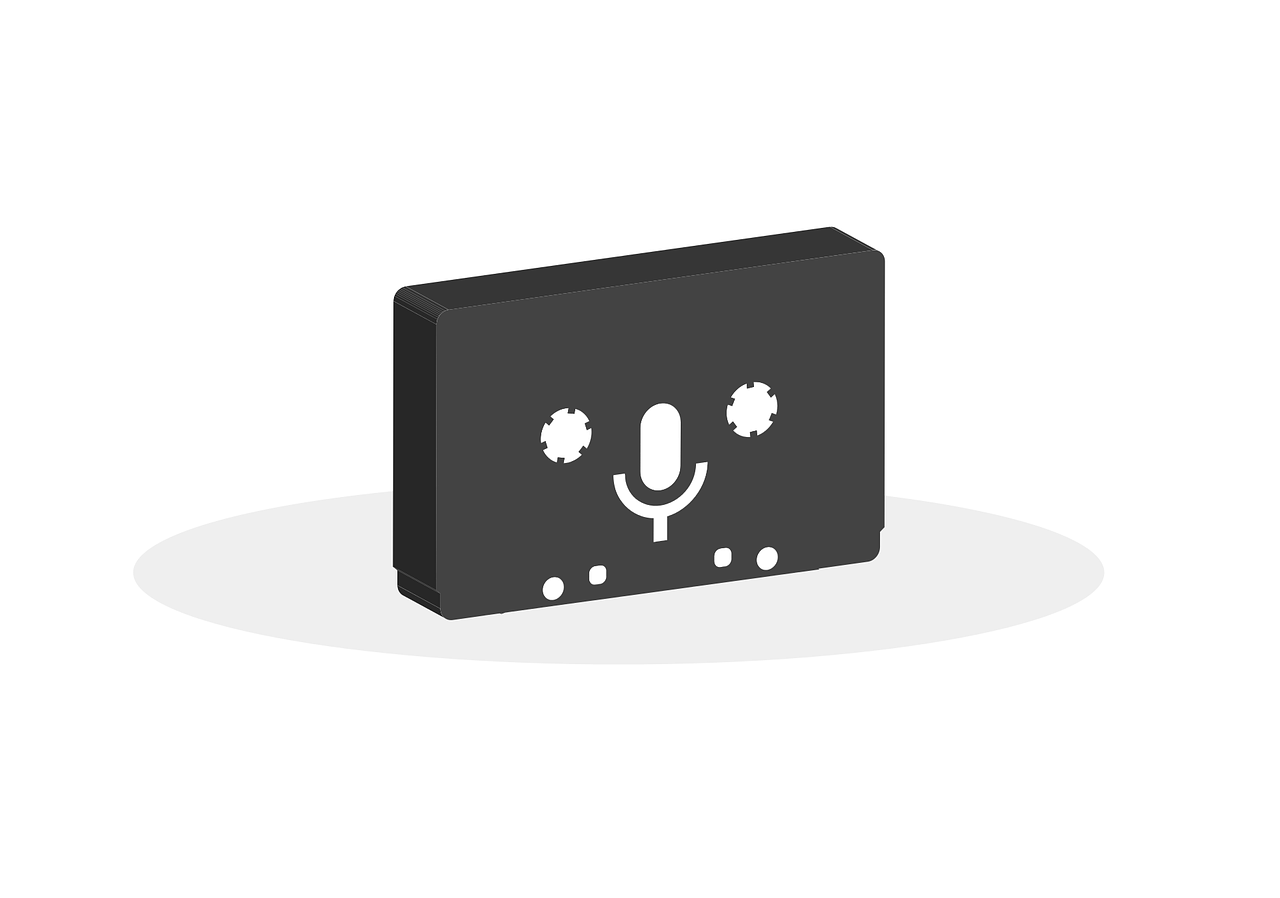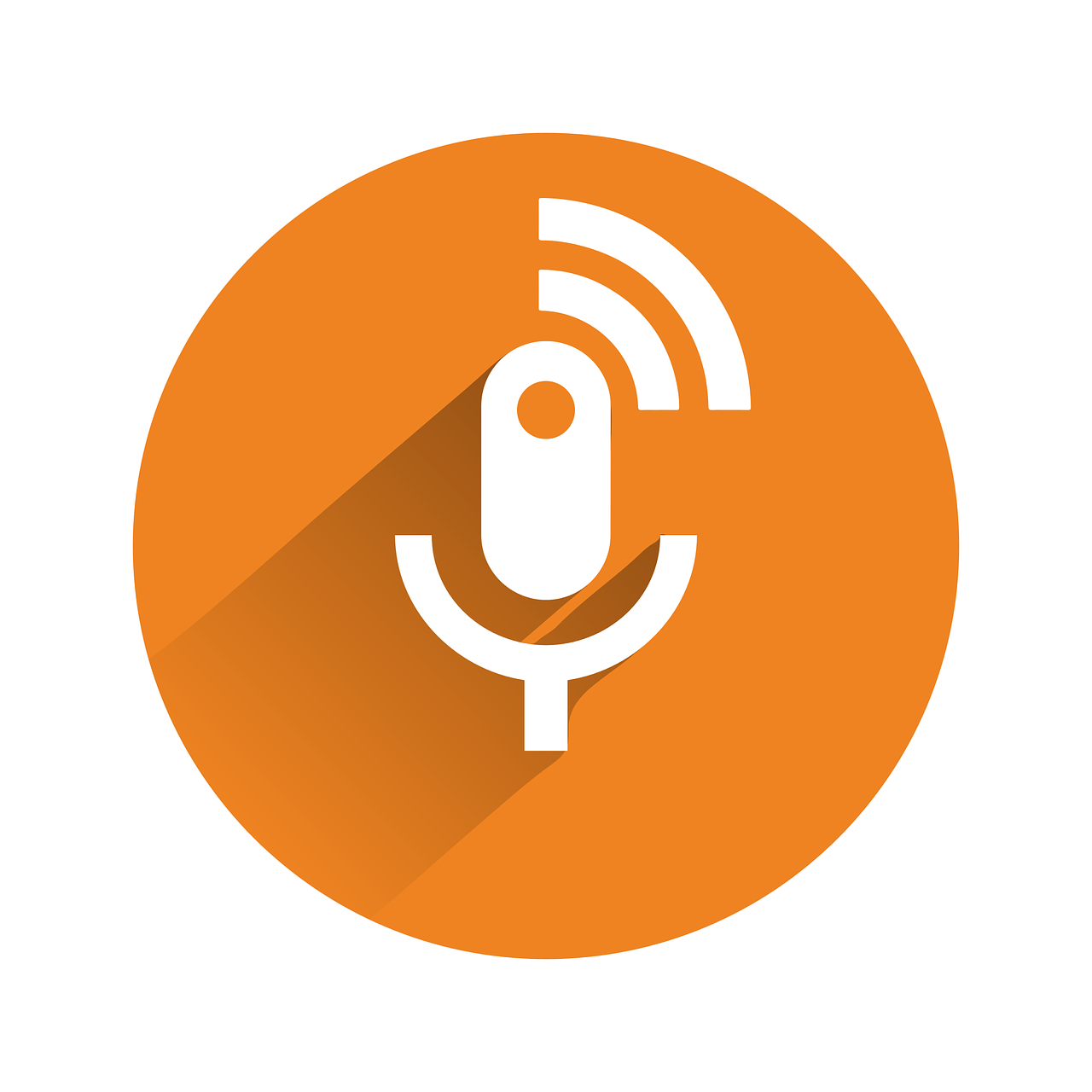In “The Role of Sound Effects in Enhancing Podcasts,” discover how incorporating sound effects can elevate the overall listening experience and captivate your audience. From the Shure SM7B Cardioid Dynamic Microphone to the Mackie CR3-X 3-Inch Creative Reference Multimedia Monitors, this article explores various equipment and software options that can enhance the production value of your podcast. Uncover the power of Adobe Audition Podcasting Software, the versatility of the Blue Yeti USB Microphone, and the convenience of the Elgato Stream Deck. Whether you’re looking to add tension, create atmosphere, or simply engage your listeners on a deeper level, sound effects play a vital role in crafting an unforgettable podcast.

Understanding Sound Effects in Podcasts
Sound effects in podcasts refer to the audio elements that are added to enhance and enrich the listening experience for the audience. These effects can include anything from background music to specific sound clips, such as footsteps or doorbell sounds. Sound effects play a crucial role in creating a captivating and immersive podcast for the listeners.
Types of Sound Effects Used in Podcasts
There is a wide range of sound effects that podcasters can utilize to enhance their content. These include ambient sounds, such as rain or birds chirping, which can set the mood and create a sense of place. Transition sounds, such as whooshes or swooshes, help smooth out the editing and provide a seamless flow between segments. Impact sounds, like explosions or door slams, add excitement and emphasize certain moments in the podcast. Additionally, vocal effects, such as echo or distortion, can be used to enhance the tone or atmosphere of the audio.

Importance of Sound Effects in Podcasts
Sound effects play a crucial role in enhancing the overall quality and impact of podcasts. They help to create a more immersive and engaging listening experience, capturing the attention of the audience and keeping them hooked throughout the episode. Sound effects also serve as a tool for storytelling, adding depth and context to the narration. By using sound effects strategically, podcasters can convey emotions, enhance jokes, and emphasize key points, making the content more memorable and enjoyable for the listeners.
Role of Microphones in Sound Effects
Microphones are an essential component when it comes to capturing and recording sound effects for podcasts. Different microphones offer unique characteristics and suitability for capturing specific types of sound effects. Here are some popular microphones used by podcasters for sound effects:
Shure SM7B Cardioid Dynamic Microphone
The Shure SM7B is a highly regarded microphone known for its exceptional sound quality and versatility. It is widely used in professional podcasting and broadcasting due to its ability to capture crisp and clear audio. The SM7B is particularly well-suited for recording voiceovers and vocal sound effects.
Blue Yeti USB Microphone
The Blue Yeti is a popular choice for podcasters due to its ease of use and affordability. It offers multiple pickup patterns and excellent sound quality, making it suitable for a variety of recording situations. The Blue Yeti is a versatile microphone that can capture both vocals and environmental sound effects with ease.
Sennheiser E835 Dynamic Cardioid Vocal Microphone
The Sennheiser E835 is a dynamic microphone designed for live performances, but it can also be used effectively in podcasting. It offers a robust and clear sound capture, making it suitable for recording sound effects that require a focused and direct pickup.
Heil Sound PR-40 Dynamic Studio Recording Microphone
The Heil PR-40 is a top-of-the-line dynamic microphone that delivers exceptional sound quality. It is often favored by podcasters for its warm and rich sound reproduction, making it ideal for capturing high-quality sound effects with depth and clarity.

Role of Headphones in Sound Effects
Headphones are essential tools for podcasters when it comes to monitoring and editing sound effects. They allow podcasters to accurately hear the details and nuances of the audio, ensuring the sound effects are integrated seamlessly. Here are some popular headphones used by podcasters:
Audio-Technica ATH-M50x Professional Studio Monitor Headphones
The ATH-M50x headphones are widely popular among podcasters and audio professionals due to their accurate sound reproduction and comfortable fit. They provide a balanced and detailed audio representation, making them suitable for precise sound effect editing.
AKG K240 Studio Semi-Open Over-Ear Professional Studio Headphones
The AKG K240 headphones are known for their spacious sound and comfortable fit. They offer a neutral and balanced audio profile, allowing podcasters to hear sound effects accurately and make adjustments accordingly.
Sony MDR7506 Professional Large Diaphragm Headphones
The Sony MDR7506 headphones have been a staple in the audio industry for many years. They are highly regarded for their excellent sound reproduction and durability. The MDR7506 headphones provide a clear and detailed audio representation, making them suitable for precise sound effect editing and monitoring.
Role of Mixers in Sound Effects
Mixers are essential devices for podcasters when it comes to controlling and blending different audio elements, including sound effects. They allow for fine-tuning of audio levels, EQ adjustments, and the integration of multiple sound sources. Here are some popular mixers used by podcasters:
Behringer Xenyx X1204USB Premium 12-Input Mixer
The Behringer Xenyx X1204USB is a versatile mixer that offers multiple inputs and outputs, making it suitable for podcasters who require flexibility in their sound effect setups. It provides high-quality preamps and comprehensive control over audio settings.
Yamaha MG10XU 10-Input Stereo Mixer with Effects
The Yamaha MG10XU mixer is known for its reliable performance and user-friendly interface. It offers a range of built-in effects, such as reverbs and delays, which can be useful for adding depth and character to sound effects. The MG10XU is a compact and portable mixer, making it ideal for podcasters on the go.

Role of Audio Interface in Sound Effects
An audio interface acts as the bridge between a microphone or other sound sources and the podcasting software on a computer. It converts analog audio signals into digital data, allowing for recording and manipulation of sound effects. Here are some popular audio interfaces used by podcasters:
Focusrite Scarlett 2i2 (3rd Gen) USB Audio Interface
The Focusrite Scarlett 2i2 is a widely popular choice due to its excellent sound quality and simplicity of use. It provides clean and transparent audio recording, making it suitable for capturing sound effects with accuracy and fidelity.
Cloud Microphones Cloudlifter CL-1 Mic Activator
The Cloudlifter CL-1 is not technically an audio interface but an inline preamp that provides clean gain to low-output dynamic microphones. It can boost the signal of microphones, allowing for greater detail and clarity in sound effects.
Role of Software in Sound Effects
Podcasting software plays a significant role in integrating, editing, and manipulating sound effects. A variety of software options are available, each with its unique features and capabilities. Here are some popular software options for handling sound effects:
Adobe Audition Podcasting Software
Adobe Audition is a professional-grade audio editing software widely used in the podcasting industry. It offers a comprehensive set of tools for editing, mixing, and mastering sound effects. Additionally, it provides a library of built-in sound effects and allows for the import and manipulation of custom sound effects.
Audacity Free Audio Editor and Recorder
Audacity is a free and open-source audio editing software that offers a wide range of features for podcasters. While it may not have all the advanced capabilities of professional software, it provides a user-friendly interface and essential tools for editing and integrating sound effects.
Auphonic Audio Leveling and Mastering Tool
Auphonic is a web-based audio processing tool that specializes in automatically balancing audio levels and mastering podcast episodes. It can be used for processing sound effects, ensuring they are at an optimal volume level and integrated seamlessly.
Benefits of Using Sound Effects in Podcasts
Using sound effects in podcasts offers several benefits that can greatly enhance the overall listening experience. Here are some key advantages of incorporating sound effects:
Enhancement of Listeners’ Emotional Connection
Sound effects have the power to evoke emotions and create a deep connection with the audience. By utilizing sound effects strategically, podcasters can enhance the mood and atmosphere of their content, immersing listeners in the narrative and eliciting an emotional response.
Creation of a Unique Podcast Identity
Sound effects can help podcasters establish a distinct identity and brand for their show. By consistently using specific sound effects, podcasters can create an audio signature that sets them apart from other podcasts and makes their content instantly recognizable to the audience.
Enhancement of Storytelling and Context
Sound effects can be powerful tools for storytelling, adding depth and context to the narrative. They can create a sense of place, emphasize key moments, and even provide comedic relief. Well-placed sound effects can elevate the storytelling aspect of a podcast and make the content more engaging and memorable.
Integrating Sound Effects in a Podcast
Knowing when and how to integrate sound effects is crucial for achieving the desired impact. Here are some considerations when incorporating sound effects into a podcast:
When to Use Sound Effects
Sound effects should be used purposefully to enhance the content of the podcast. They can be used to create transitions between segments, emphasize important information, or set the mood for a particular scene. It is important to use sound effects sparingly and strategically, ensuring that they enhance the listening experience rather than distract from it.
How to Balance Sound Effects with Main Audio
Sound effects should be balanced with the main audio elements to ensure a cohesive and immersive listening experience. It is crucial to ensure that sound effects do not overpower the narration or dialogue, but rather complement and enhance it. Careful mixing and editing techniques can help achieve a well-balanced integration of sound effects.
Common Mistakes When Integrating Sound Effects
One common mistake when integrating sound effects is using them excessively, which can overwhelm the listener and detract from the main content. It is also important to ensure that the quality of the sound effects matches the overall production quality of the podcast to maintain consistency.
The Science Behind Sound Effects in Podcasts
Sound effects in podcasts have a psychological impact on the listener, affecting their engagement and memory recall. Understanding the science behind sound effects can help podcasters maximize their effectiveness. Here are some key points to consider:
The Psychology of Sound Effects
Sound effects can trigger emotional responses in listeners. Certain sounds, such as laughter or applause, can create a sense of camaraderie and connection. On the other hand, suspenseful or intense sound effects can elicit feelings of anticipation or excitement. By understanding the psychological impact of different sound effects, podcasters can strategically use them to create the desired emotional response in the audience.
Sound Effects and Memory Recall
Sound is closely linked to memory, and the thoughtful use of sound effects can aid in memory recall for the listeners. By associating specific sound effects with certain topics or themes, podcasters can enhance the audience’s ability to remember and recall information from their episodes.
The Impact of Sound Effects on Listener Engagement
Sound effects play a significant role in capturing and maintaining listener engagement. Studies have shown that incorporating sound effects in podcasts increases listener attention, immersion, and overall enjoyment of the content. When used effectively, sound effects can keep listeners engaged and eager to continue listening to the podcast.
Choosing the Right Equipment for Creating Sound Effects
When producing sound effects for podcasts, it is important to have the right equipment that suits the specific needs and budget. Here are some factors to consider when choosing equipment:
Budget Considerations
Budget is a crucial consideration when selecting equipment. It is essential to find a balance between cost and quality. There are options available in various price ranges that can deliver satisfactory results. Researching and comparing different options within your budget can help you find the best equipment for your podcasting needs.
Equipment Durability and Longevity
Choosing equipment that is durable and reliable is important, as podcasters often use their equipment regularly and over long periods. Investing in equipment with a good track record for durability can save you from recurring expenses and ensure consistent sound quality.
Understanding Equipment Specifications and Usage
Understanding the specifications and recommended usage of equipment is crucial to achieving desired sound effects. Researching the capabilities of microphones, headphones, mixers, audio interfaces, and other equipment will help you make informed decisions. Consider factors such as frequency response, sensitivity, and compatibility with software and hardware.
In conclusion, sound effects play a vital role in enhancing the quality and impact of podcasts. By using the right equipment and understanding the science behind sound effects, podcasters can create a compelling and immersive listening experience for their audience. Judiciously integrating sound effects into their content can enhance storytelling, emotional connection, and overall engagement.
